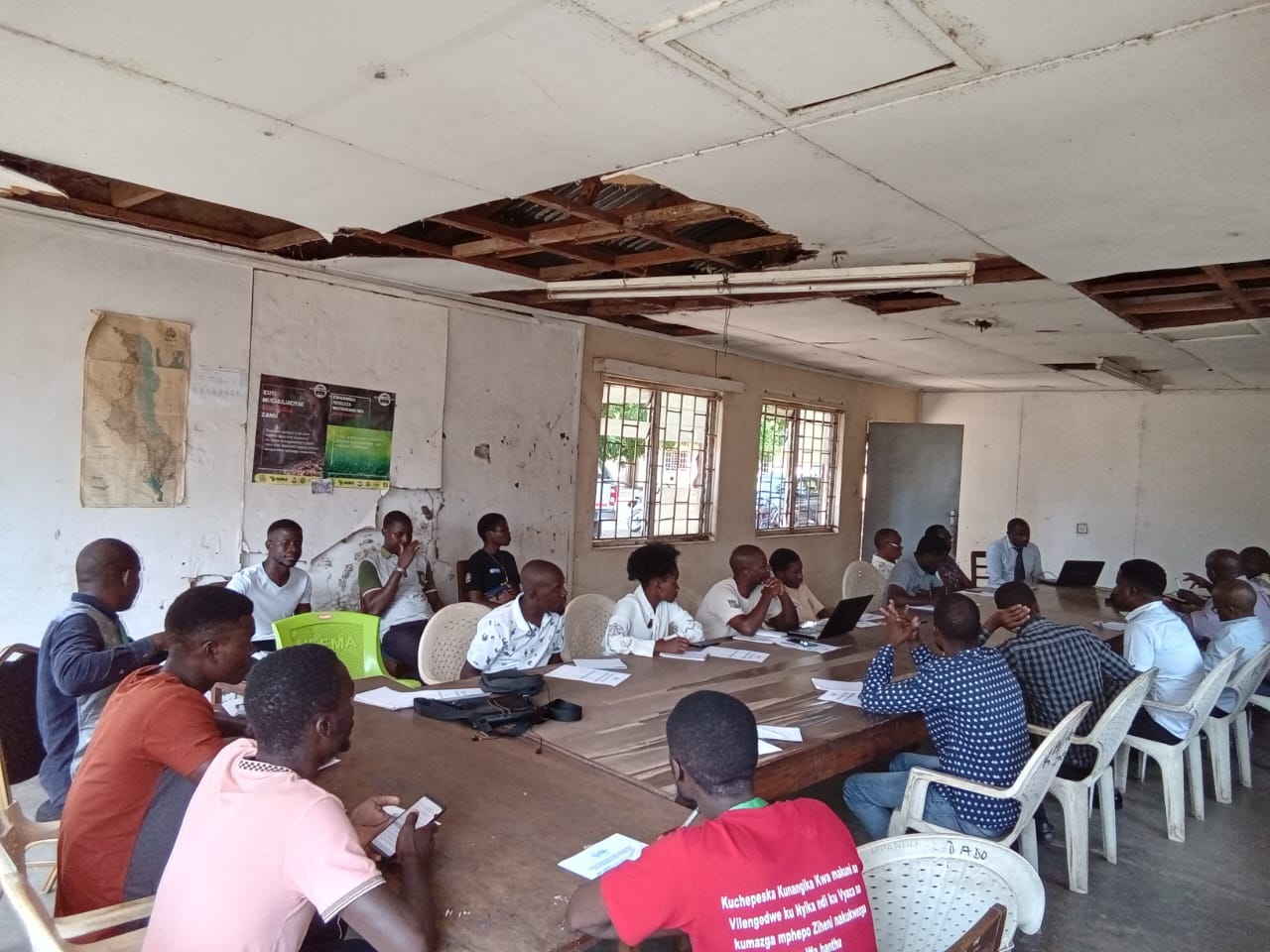Cholera Outbreak Spurs Advocacy for Quality Water Supply by National Water Resources Authority
With over 58 thousand reported cases, water contamination has been identified as a key factor driving the outbreak.
KARONGA, Malawi-In response to an ongoing cholera outbreak that has affected the country since February 2022, the National Water Resources Authority (NWRA) is intensifying efforts to combat water contamination and prevent further waterborne diseases, writes Ellah Chirwa.
With over 58 thousand reported cases, water contamination has been identified as a key factor driving the outbreak.
The NWRA has initiated advocacy meetings with 35 councils across the nation, aiming to motivate district councils to take proactive measures to ensure a sustainable and high-quality water supply.
By doing so, the NWRA hopes to mitigate waterborne diseases at both the district and national levels.
Masozi Kasambala, the spokesperson for NWRA, engaged the Karonga District Executive Committee (DEC) on the significance of ensuring a quality water supply.
Kasambala highlighted the agency's mandate and functions during the meeting.
The move follows a survey conducted in major cities including Blantyre, Lilongwe, Mzuzu, and Zomba, which revealed that 75% of the 44 boreholes tested were contaminated.
Kasambala expressed concern about the survey results, stating, "We were very shocked with the results, and we thought to take quick action in sensitising councils on the significance of quality water supply so that we can help each other to lessen the problem."
He further revealed that boreholes drilled after November 24th, without proper registration, would face fines or legal action, in a bid to curb waterborne diseases stemming from water contamination.
Kasambala emphasized the importance of collaboration between the councils and NWRA, urging them to verify the legality of all water resources in their districts to streamline efforts.
Yamikani Bokosi, a representative for the council, pledged their commitment to ensuring a sustainable water supply.
He acknowledged the risks posed by drinking contaminated water, especially in lakeshore districts, and stated, "We are going to be at the forefront of making sure that there is sustainable water."
Reuben Malemia, District Coordinator for the Red Cross, shared insight into their efforts to address the issue.
He highlighted ongoing rehabilitation activities for boreholes and the need for a monitoring team to combat waterborne diseases, particularly in lakeshore districts.
The NWRA, responsible for regulating water bodies and issuing licences to borehole drillers and constructors, aims to address the contamination crisis and promote healthier water sources in the country.
As the country braces for the rainy season, officials emphasise the need to take preventive measures to ensure safe water sources, underscoring the maxim that "prevention is better than cure."



